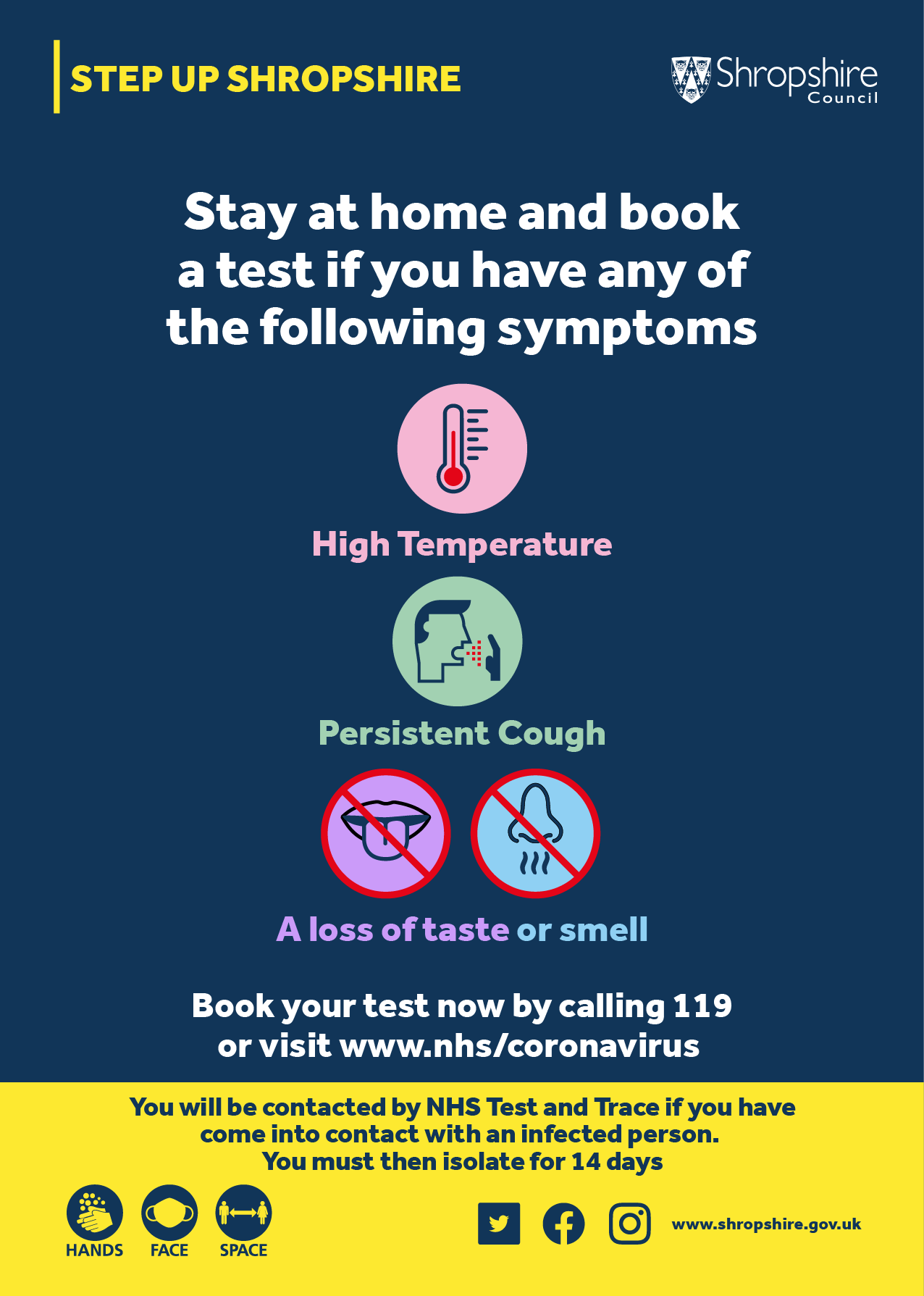
“But it can significantly impact the quality of life for the child, and consequently the entire family.” Past exposure to COVID “Long COVID can be more severe in some patients than in others,” Dr.

An athlete may no longer have the energy to take part in sports. A child who was previously a strong student may now have difficulty completing assignments. The condition also interferes with normal activities. For example, one child may have a headache for a couple of hours every day, where another may have a headache a few times a week. Long COVID symptoms are persistent, lasting more than four weeks after a COVID-19 infection. Difficulty concentrating, or “brain fog”.Those symptoms can vary widely from patient to patient, but in children, the most common long COVID symptoms are: Doctors instead look at a child’s pattern of symptoms, as well as past exposure to the virus. Unlike COVID-19, there is no simple nasal swab or other diagnostic test for long COVID. “So if the symptoms of long COVID appear later, it can be difficult to link them to the coronavirus.” Is it long COVID? For children infected with COVID-19 and receiving inpatient treatment, it is necessary to take the children for outpatient examination and monitoring per appointment of the medical facilities upon hospital discharge.“Many children don’t have any symptoms when they have a COVID infection,” says Sindhu Mohandas, MD, a pediatric infectious disease specialist and Attending Physician at Children’s Hospital Los Angeles.

With COVID-19 child patients, when parents observe that their children have the symptoms described above or show any signs that they did not have before contracting COVID-19, it is necessary to immediately take the children to medical facilities. The only way to prevent post-COVID-19 condition is to prevent SARS-CoV-2 infection in children by taking all the appropriate COVID-19 prevention measures and having children vaccinated against COVID-19 as recommended by the health sector. There are currently no physical measures, medicine or food that helps preventing the emergence of post-COVID-19 condition. Multi-system inflammatory syndrome in children (MIS-C) post SARS-CoV-2 infection is rare, but is a severe and potentially life-threatening condition and it can appear 2-6 weeks after COVID-19 infection. In addition, children may have joint pain, muscle pain, chest heaviness, and palpitations. Common neuropsychiatric symptoms are: fatigue, smell and taste disorders, headache, lack of concentration and common respiratory symptoms are prolonged cough, sore throat, shortness of breath,etc. Post-COVID-19 condition can affect most organs.
Covid symptoms in kids how to#


 0 kommentar(er)
0 kommentar(er)
